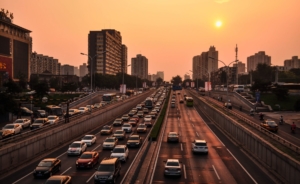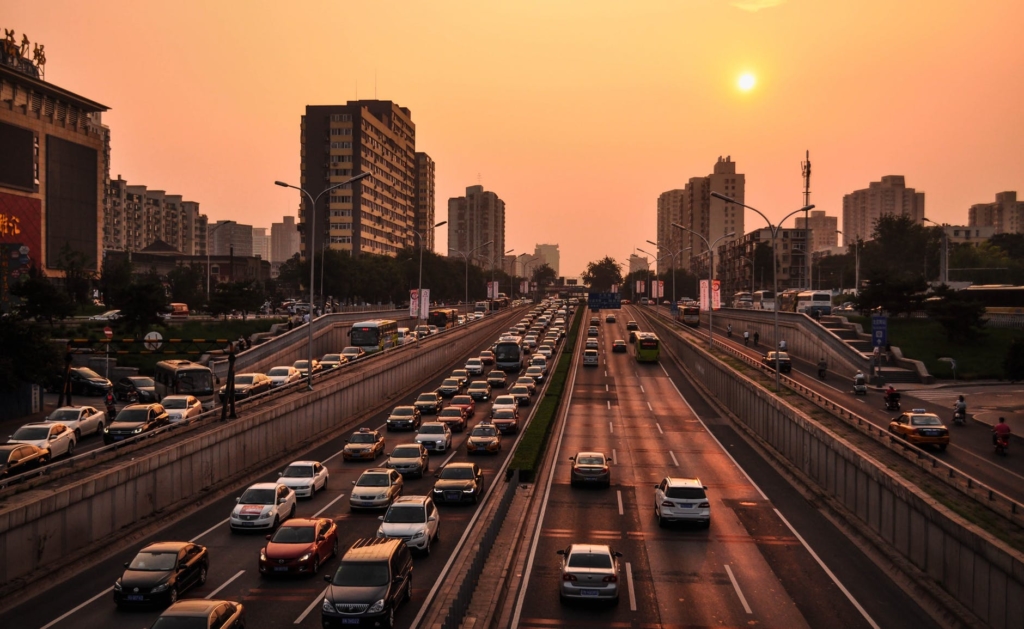
Eighty-three bridges in 16 counties in Mississippi were ordered closed last week. The governor said the bridges were “unsafe for the traveling public” and that keeping them open would constitute “an unnecessary risk to public safety.”
That’s shocking…but, not nearly as shocking as the fact that state legislators allowed the legislative session to end without being able to agree on a way to fund critical bridges and roadways. One has to question how actions like this serve citizens and taxpayers.
Unfortunately, however, this scenario is not uncommon. Throughout the U.S., elected officials seem unable to agree on important issues. Transportation infrastructure impacts public safety, economic viability and quality of life…but the political disagreements don’t just stop with infrastructure issues.
There’s political disagreement about everything – trade issues, immigration, public education, health care, climate change and designated bathroom facilities.
The inertia that has been created is shameful. Elected officials must find ways to govern and practicality and sanity must prevail.
 There are huge differences of opinions about funding infrastructure projects whether the need is related to water, roads, bridges, airports, ports or school facilities. Transportation officials want to use tolls to fund roads and bridges but citizens protest loudly. Motorists don’t want increases in gas taxes and political activists are against availability payments. The public at large does not want to see officials sell off any public assets. All of those concerns are legitimate. But, where is the funding for infrastructure going to be found?
There are huge differences of opinions about funding infrastructure projects whether the need is related to water, roads, bridges, airports, ports or school facilities. Transportation officials want to use tolls to fund roads and bridges but citizens protest loudly. Motorists don’t want increases in gas taxes and political activists are against availability payments. The public at large does not want to see officials sell off any public assets. All of those concerns are legitimate. But, where is the funding for infrastructure going to be found?
In Texas, collection of tolls became such a contentious issue, the Texas Department of Transportation this week announced that the agency would waive $1.3 billion in late fees owed by motorists from 2007 until March 1 of 2018. That action occurred because the Texas Legislature mandated a new fee structure that caps annual late fees at $48. The charges were causing lots of chaos because motorists did not want to pay for using the tolled lanes and elected officials agreed to waive the charges. Understandable perhaps…but where will the funding to maintain roadways be found?
In Seattle, a plan is being developed to toll city roadways, including the downtown area. If implemented, the city will be the first in the U.S. to implement this form of systemwide tolling. This plan sounds ludicrous to citizens who do not understand the desperate need for revenue to maintain roadways. But where is the funding to be found?
Last month, Utah’s State Legislature approved a bill to expand the state’s authority to collect tolls on any roadway, not just new roads. The bill sponsor pointed out that the state has spent billions of dollars building and maintaining roads over the last 20 years and the state no longer has the funds to maintain these public assets. He says that some type of vehicle-miles-driven charge or tolling must be implemented. Many are protesting…but few have suggestions of where to find the funding needed.
Change is always disruptive and often it is painful. But, change is definitely coming to every city and state. It’s time to look at alternative funding options and realize that each will require some change.
There are also many ways for individuals from different political parties to resolve issues of great importance – but that, too, will require change. Finding ways to compromise, collaborate and make tough decisions for the greater good will put us all in a better place.
